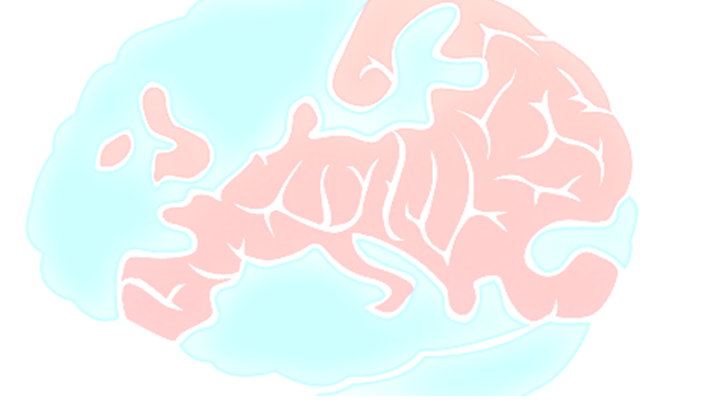
by Milos Markovic. Originally published on 2014/05/30
Montenegro is a state located, according to politically correct expression, on the Western Balkans. In the beginning of the 20th century it became a kingdom, but after a short period of financial difficulty, it became a component part of the kingdom of Yugoslavia. After World War II it became a part of the Socialist Federal Republic of Yugoslavia, and then after the disintegration of Yugoslavia, Montenegro remained in political community with Serbia. In 2006, this community disintegrated, and Montenegro became an independent country.
Throughout the course of big political changes in the 20th century both on a European level and globally, Montenegro went through several state formations, and in the complete meaning of the word was in transition. Many years of abiding to by a tradition of multiculturalism protected Montenegro from the consequences of war, which affected her neighbors. Even now, this is the most precious virtue of Montenegro. On Montenegrin territory live Orthodox Christians, Moslems and Catholics.
Along with the rest of the Balkans, Montenegro represents the ‘’clash’’ point of eastern and western cultures and civilizations that has provided for Montenegro’s rich cultural diversity. This also has its bad sides. Bloody wars in neighboring Serbia, Bosnia and Herzegovina and Croatia, are apparently fought over territory, but the true reasons are concealed in religious appurtenance.
In the beginning of the 21th century the situation in the countries of ex-Yugoslavia began to change. Countries started to consider their independent future and most of them decided to adopt European values.
In this new century a new period of transition has begun in Montenegro, which is the most difficult and complex period until now, said by the most Montenegrin politicians In this period the citizens are expected to be more committed and devoted to the country that they belong to. That is to say, Montenegro determined new foreign policy priorities, which in the first place refer to the European Union integration, but also to NATO. The other priorities are based on promoting and maintaining good relations with neighbors and developing bilateral and multilateral cooperation.
Like all counties of ex-Yugoslavia, Montenegro also manages to accomplish her goals. But also has similar problems. Furthermore, diminished freedom of speech, organized crime, corruption and negligent use of state resources slow down the development of this country. Montenegro is not the only country that is facing these kinds of problems, but I, as young citizen of Montenegro, don’t understand non-existence of political will in facing these problems. The country, which for only a month (YES)can bring highest state level laws (Montenegro is a state, so, its state law), doesn’t have a power to implement them. The citizens are used to managing with what they have, so they choose to criticize the country, unaware that they are a part of that country and that the current state is caused by their disengagement in the political process. This is arguably at the core of a lot of problems the country faces today: the lack of civic duty and the readiness to solve problems.
Montenegro has committed itself to work with devotion on adopting all European values through the adjustment of its laws to reflect those of the European Union. However, is this enough to change the mentality of the people in the country? Some would say that apathy is the biggest Montenegrin defect. Is this (it refers to apathy) also going to be included in alteration of law regulations?
I consider that most of the politicians declare in wrong way when they talk about European Union integration of Montenegro. Most of them say: ‘Montenegro is going into the EU’’. I prefer saying: ‘The EU is coming to Montenegro’. The only difference is that Montenegro and its citizens are going to undertake the rules and obligations of European Union. Those rules and obligations appear to be very useful in organizing the society.
In spite of all realities in Montenegro that I have mentioned, citizens of Montenegro should be proud to be part of that country, and specially proud because they form a part of this special period for Montenegro, Period in which they becomes crucial part of society which will have to be strong to continue building Montenegro, hope, in right direction.

 The geopolitical role of the Sahel: the influence of the EU and other Great Powers in the Malian crisis
The geopolitical role of the Sahel: the influence of the EU and other Great Powers in the Malian crisis  Is Nuclear Disarmament Still a Dream? The Third Meeting of State Parties in Perspective
Is Nuclear Disarmament Still a Dream? The Third Meeting of State Parties in Perspective  Strategic Saboteur: Hungary’s Entrenched Illiberalism and the Fracturing of EU Cohesion
Strategic Saboteur: Hungary’s Entrenched Illiberalism and the Fracturing of EU Cohesion  The invention of development: power, narrative, and the afterlife of Truman’s speech
The invention of development: power, narrative, and the afterlife of Truman’s speech 


